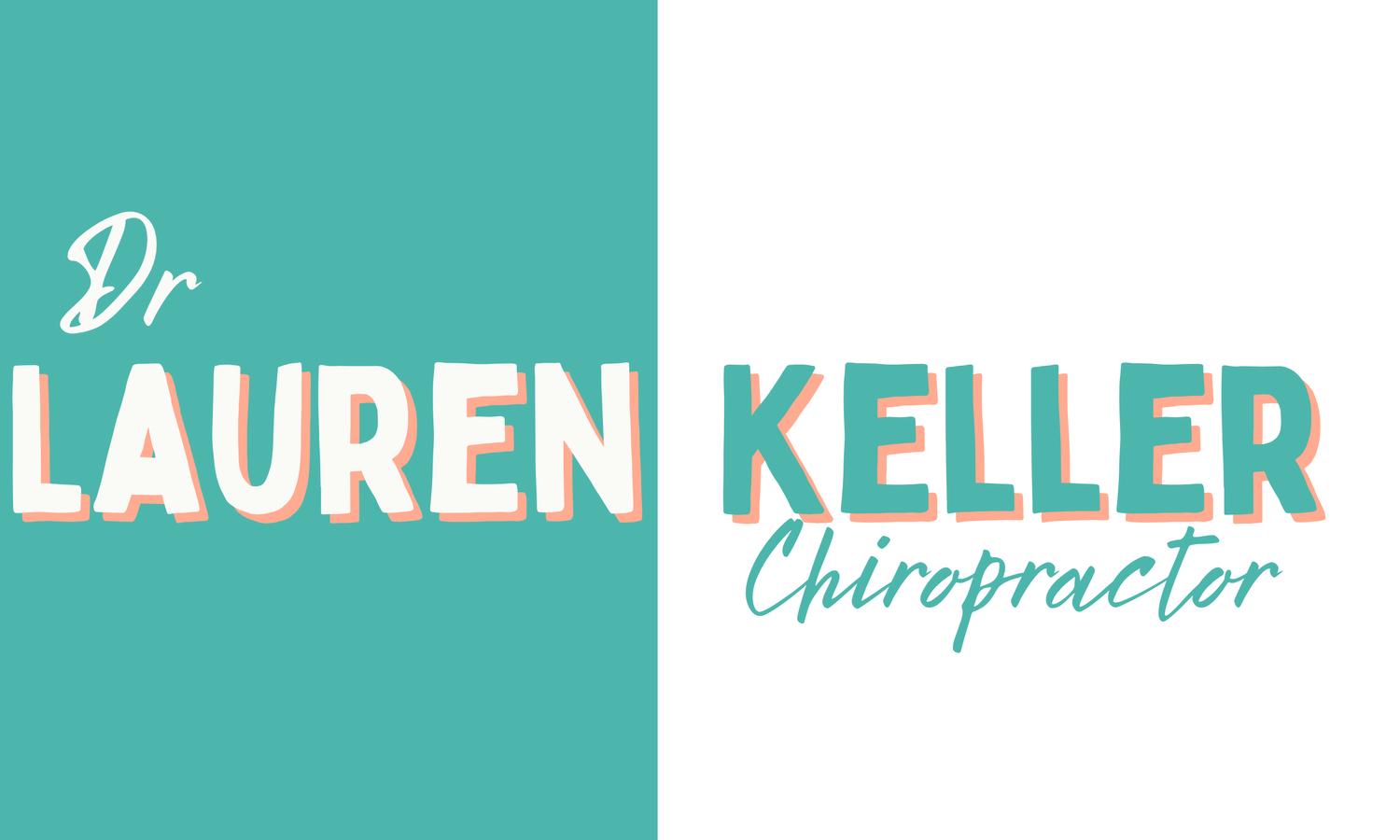Mainstream media is finally losing steam on their war against fat as more and more people are learning that fat is not the enemy. The thing is, most people understand they need “good fats” but they don’t know what is a good fat, how much they need, or even why it is beneficial.
Why is fat beneficial?
Whether you are pregnant, nursing, thinking of getting pregnant, or a man, you need fats in your diet. Here is a list of ways dietary fat may be beneficial:
- Increases muscle mass
- Reduces your risk of heart disease
- Raises HDL and improves your TC/HDL ratio
- May help prevent lethal heart rhythms from arising
- Stabilizes energy and mood
- Lowers blood sugar and insulin levels
- Decreases achy and stiff joints
- May help reduce the need for corticosteroid medications in people with rheumatoid arthritis
- Relieves dry, itchy, or cracked skin and nails
- Helps absorb fat soluble vitamins and nutrients including: A, D, E, K, CoQ10
- Improves brain and memory function
- Decreases risk of Alzheimer’s disease as well as overall cognitive decline
What are the “good fats” and how much fat do we need?
There are four main types of good fats that everyone needs to properly thrive. It’s recommended you consume 35-40% of calories from fat. For a 2,000 calorie diet that is 78-89 grams of fat per day (remember if you are breastfeeding you need an EXTRA 500 calories or an extra 17.5-30 grams of fat.
Monounsaturated fats: Monounsaturated fats have been shown to decrease risk of heart disease and helps stabilize insulin.
Sources include: Oils: extra virgin olive oil, safflower oil, sunflower oil; avocado; red meat: pork and beef; nuts: cashews, macadamia, almonds, pecans, hazelnuts; lard; olives, and eggs
-----------------------------------
Long-chain saturated fats: Long-chain saturated fats create the structural foundation of fats and make up 75-80% of fatty acids in most cells. This type of fat is great for energy storage.
Sources include: animal meat: beef, pork, lamb; dairy: cheese, whole or reduced-fat milk and dairy products
-----------------------------------
Medium-chain triglycerides: A great source of easily digestible energy that is not stored as fat by the body.(1,3) MCTs are great for immediate energy needs.
Sources include: coconut milk and coconut oil, butter, milk, yogurt and cheese
-----------------------------------
Polyunsaturated fats: These fats are broken into two categories being omega-6 and omega-3 fatty acids. Ideally these fats should be consumed in a 1:1 up to 4:1 ration but the Standard American Diet (SAD) tends to be heavy on omega-6 and lacking on omega-3s. These fats are essential, meaning you need them from your diet as your body is unable to produce them itself. Try to eat ~9g of polyunsaturated fat per day.(1)
Omega-6 sources include: refined oils: soybean, cottonseed, corn, safflower and sunflower; nuts; poultry and eggs; whole grain wheat
Omega-3 sources include: fish: salmon, herring, mackerel, sardines, anchovies, lake trout (DHA); meat and fat from ruminant animals: cattle, sheep, goats, buffalo, deer, elk, bison (DHA); eggs (DHA); walnut (EPA); flaxseeds and chia seeds (EPA); vegetables: Brussels sprouts, kale, spinach and watercress (EPA)
-----------------------------------
Ideally, the majority of your fat will come from monounsaturated fats, long-chain saturated fats and medium-chain triglycerides. These fats have not been shown to have a toxicity level so you can safely consume the daily recommendation of 78-89 grams without concern. Polyunsaturated fats should also be consumed daily but use caution in consuming too many omega-6 and not enough omega-3.
Previously shared on the BIRTHFIT blog.
References:
- https://chriskresser.com/9-steps-to-perfect-health-2-nourish-your-body/
- http://drhyman.com/blog/2016/11/18/heres-determine-healthiest-fats-cook/
- https://draxe.com/healthy-fats/
- http://www.eatright.org/resource/food/nutrition/dietary-guidelines-and-myplate/choose-healthy-fats
- http://www.health.harvard.edu/staying-healthy/the-truth-about-fats-bad-and-good
- http://www.clevelandclinicwellness.com/food/GoodFats/Pages/BoostBrainPowerwithGoodFats.aspx
- http://www.med.umich.edu/umim/food-pyramid/fats.html
